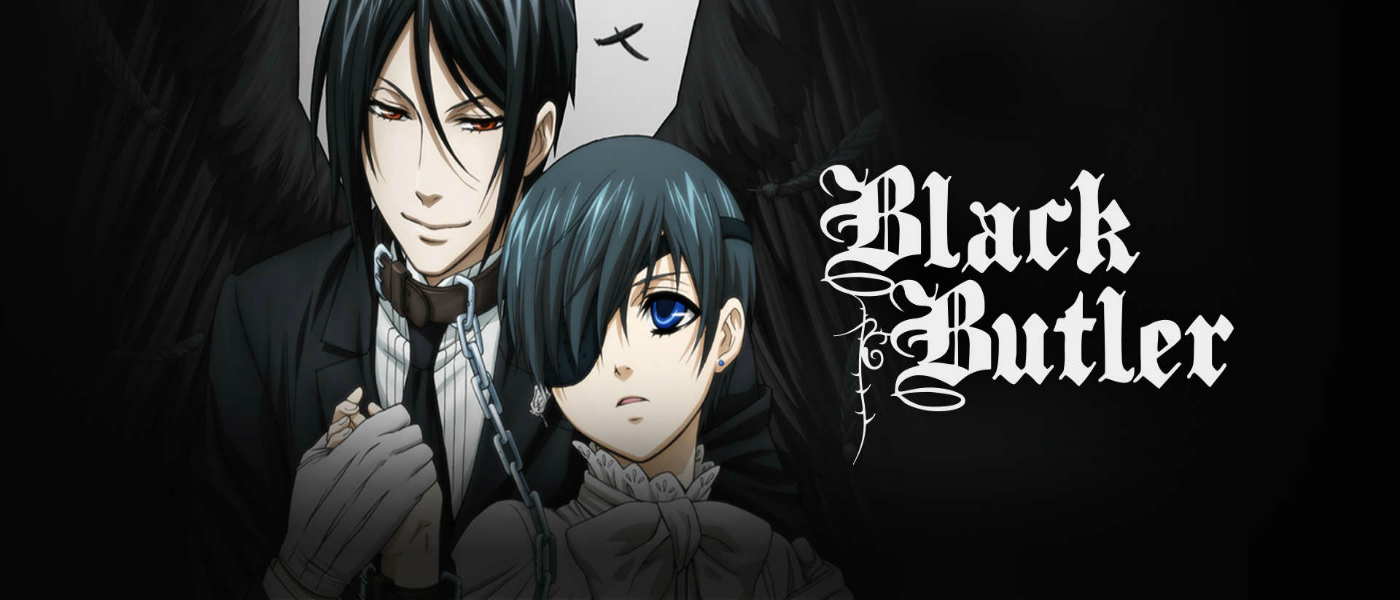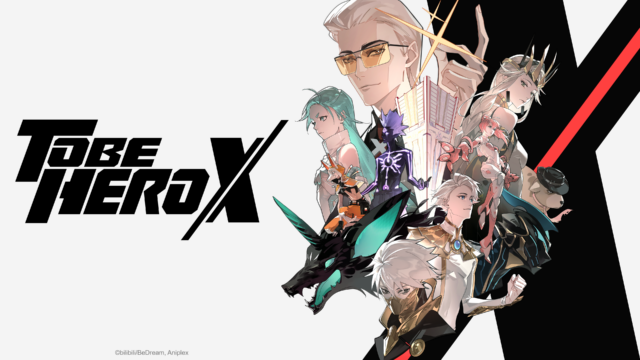English Dub Season Review: Alya Sometimes Hides Her Feelings in Russian Season One
Based on the Japanese light novel series written by SunSunSun and illustrated by Momoco. The story partially follows Alya/Alisa Kujo a Half-russian/Japanese transfer student who enjoys her newfound popularity at her new high school, yet she often sports a cold shoulder while earning high marks in class. She ignores her nerdy slacker classmate, Masachika Kuze, except for when she blurts out a flirtatious line or two to him in Russian. Little does she know, Kuze understands Russian, though he pretends not to. Let’s see where this wacky love story takes them!
On the Technical side, this anime adaptation was produced by Doga Kobo, with series direction and screenplay by Ryota Itoh, character designs handled by Yūhei Murota who also serves as chief animation director, and music composition by Hiroaki Tsutsumi. Ryō Kobayashi serves as a producer. The opening theme song is “The Brightest Star”, while each episode features a different ending theme song which are cover of pre-existing Japanese songs, all performed by Sumire Uesaka, the Japanese voice of Alya.
In the history of romance stories, we often are told the same story over and over sometimes with a comical or modernized variation or two, Such as Cyrano De Bergerac inspiring thousands of those stories throughout the years Including the Netflix film “Set it Up”, or it’s most recent modernized take known as “The Half of it” (which is basically a modernized take of Cyrano but with text messaging and lesbians). Anime has also carved a niche for itself, presenting unique and heartfelt interpretations of these stories. This backdrop sets the stage for Alya Sometimes Hides Her Feelings in Russian, which, while aiming for originality, occasionally veers into absurdity with Kuze’s sister Yuki. Aside from that, the series grapples with serious undertones through the tragic backstory of Kuze and his dysfunctional family dynamics, which can sometimes feel forced and contrived.
This unusual premise sets up an intriguing scenario, especially since Kuze, a fellow student, comprehends her words. Despite this potentially engaging concept, the relationship between Alya and Kuze unfolds in a disappointingly superficial manner. By the season’s conclusion, they remain on a first-name basis, a resolution that lacks the emotional payoff many viewers might anticipate. The show hints at deeper connections but seems to reserve significant developments for a potential second season, leaving the audience feeling somewhat unfulfilled.
The rest of the narrative often feels disjointed, as plot points appear contrived, serving primarily as vehicles for tropes, gags, or fan service. The show frequently sidelines character development, opting instead for scenarios that seem crafted to deliver a specific moment rather than advance anything else. A particularly infamous instance occurs in episode seven, where a hypnosis scene leads to some mildly comedic yet disturbing implications that don’t lead anywhere. While some might argue that these moments serve as foreshadowing, they feel more like an attempt to cater to the audience’s baser interests, leading to a series of disconnected, trope-filled scenes that detract from any genuine narrative flow. What keeps me from giving this a higher rating is also the problems with the recent translations within Crunchyroll that don’t always bother to translate everything when it’s necessary for certain scenes. These scenes where subs are greatly needed include characters exchanging text messages, street signs in the scenery, or different languages spoken outside of English, etc unless you turn on the Subbed setting. You’d have no clue what the hell they’re saying even if it’s English Dubbed. For instance, certain characters in Golden Kamuy are capable of speaking in Russian and despite the Dub having characters accurately speaking it, it’s not automatically English subbed for anyone to understand. You’d have to turn on the sub with the Dub just to fill in those particular story gaps.
The Animation and music play pivotal roles in enhancing the viewing experience of Roshidere. Doga Kobo, the studio behind the series, consistently delivers high production values, ensuring that the animation remains visually engaging throughout. The character designs, particularly those of Alya and Yuki, stand out with their vibrant expressions and intricate details. The opening theme is captivating, showcasing colorful choreography that reflects the characters’ personalities. Much like Chainsaw Man, each episode features a different ending song, which adds a touch of uniqueness to the series. However, the disconnection between the themes and the actual storyline can be jarring, potentially leaving audiences to question the relevance of these musical elements to the unfolding drama.
Overall, Alya Sometimes Hides Her Feelings in Russian struggles to establish itself as a standout in the crowded landscape of rom-coms. While the characters exhibit potential, their dynamics remain underexplored, particularly concerning the main plot centered around the student council elections. The stakes feel minimal, and the lack of significant character growth detracts from the overall impact of the series. Despite its moments of charm and humor, the anime appears to fall short of its ambitions, presenting a fragmented narrative that leaves more to be desired. The show’s premise may have captured interest, but the execution leaves much to be desired. But with the recent announcement of a Season 2 in the works and the Light Novel series being ongoing at the time of this review, we can only hope it addresses these criticisms in later storylines where character/story progression is at the forefront and makes the romance feel more meaningful in later storylines.























"There are also other characters that come and go (also owned by the Warner Bros. Discovery conglomerate media company)."
Huh. Is that just referring to other characters from the show itself, or is this implying that the new season is going to have cameos from other WBD IPs